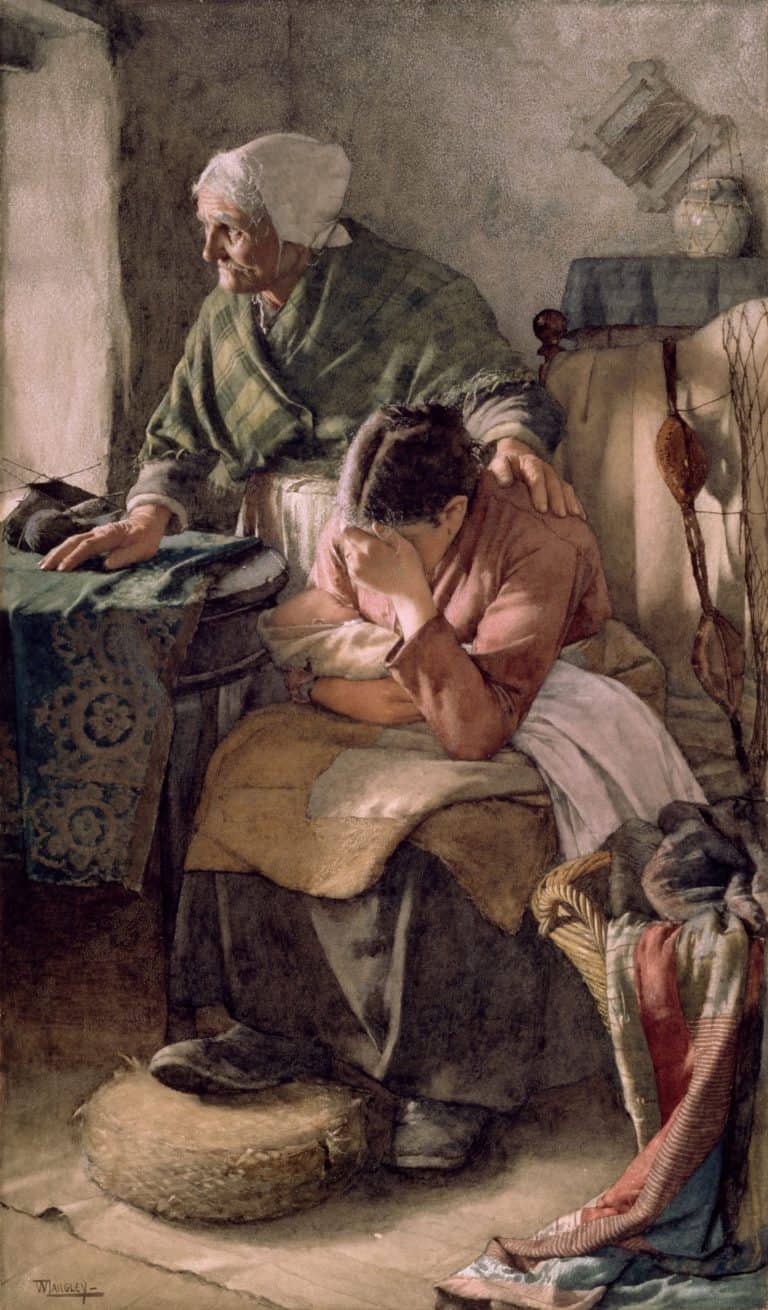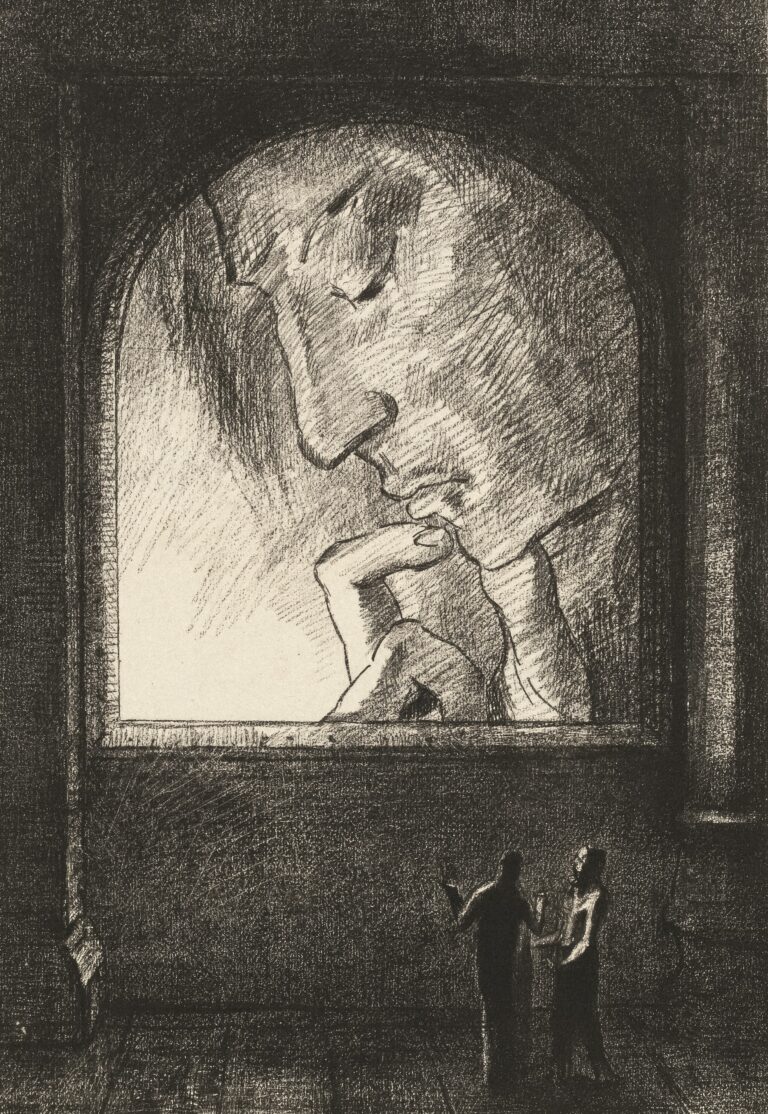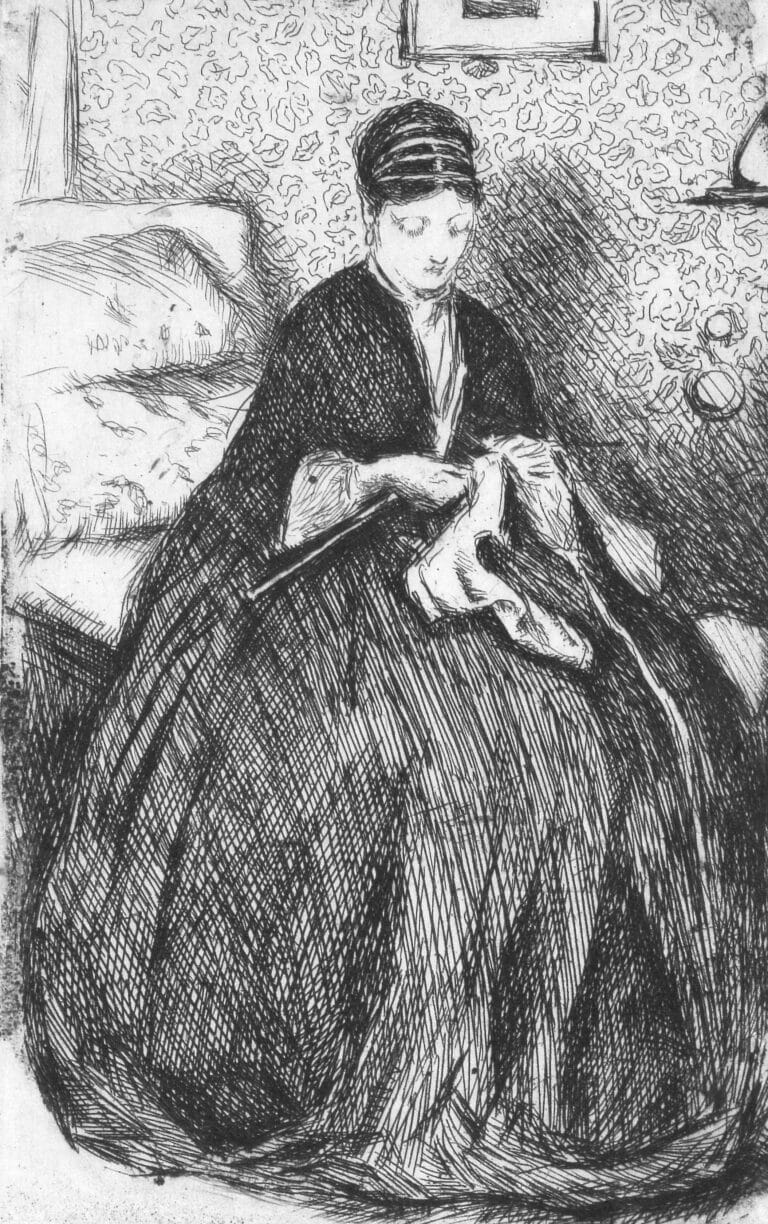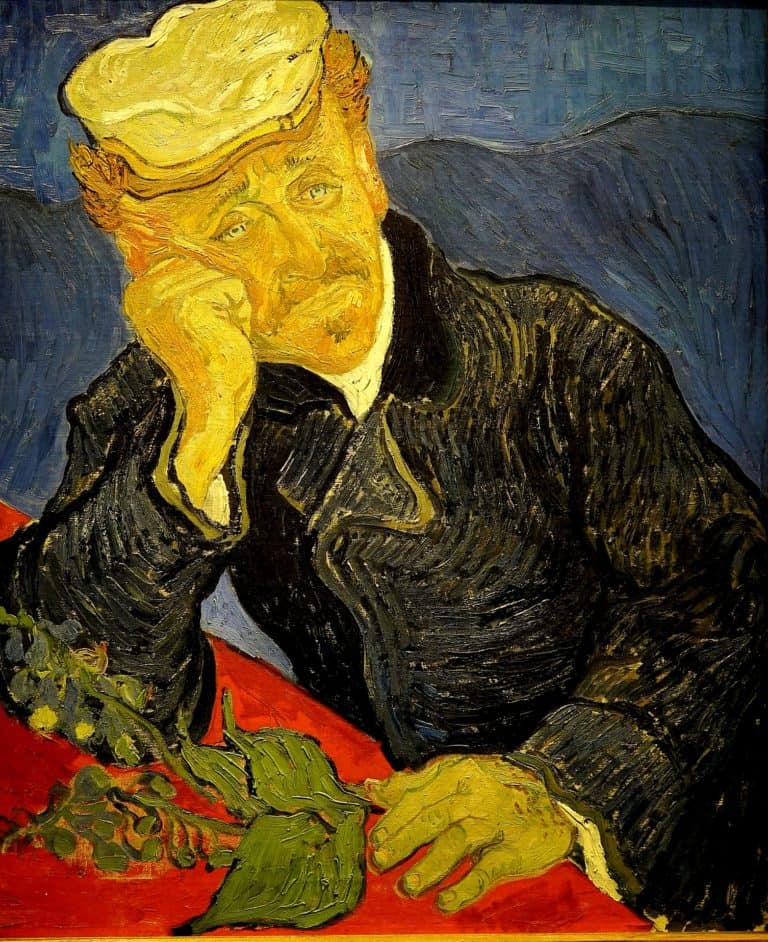Dealing with Taboo Thoughts in OCD
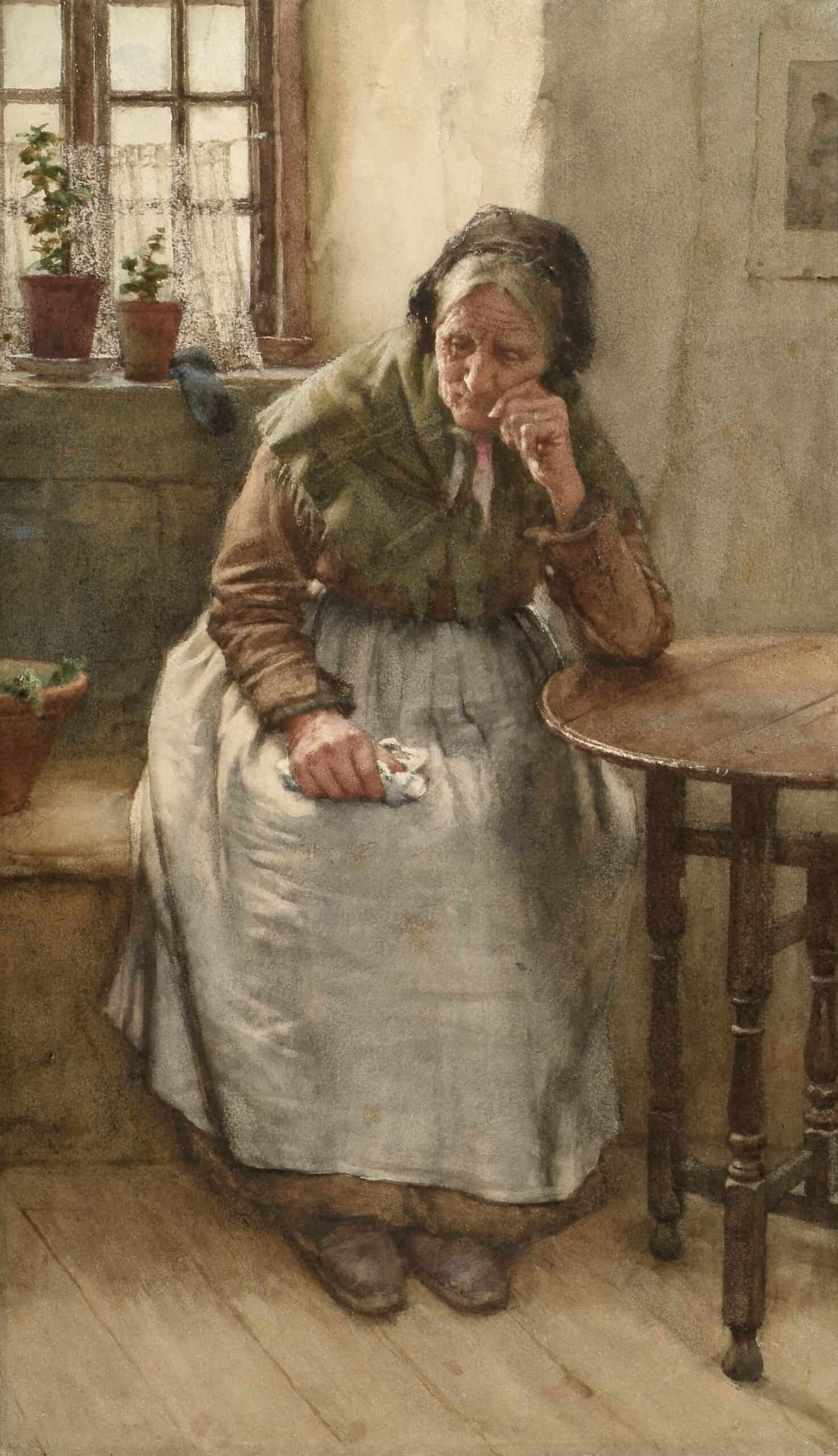
Obsessive-Compulsive Disorder (OCD) is often characterized by intrusive and distressing thoughts, known as “taboo thoughts,” which hold significant importance in understanding the complexity of this mental health condition.
Taboo thoughts encompass a range of intrusive and unwanted ideas, images, or impulses that are inconsistent with an individual’s values, beliefs, or moral standards. These thoughts can evoke intense distress and discomfort, particularly due to their recurrent and persistent nature.
In this context, taboo thoughts are not simply fleeting or passing notions but instead become entrenched in the minds of individuals with OCD, causing profound emotional turmoil including mental rituals.
The significance of these thoughts lies in their connection to OCD, where they serve as the driving force behind compulsive behaviors aimed at alleviating anxiety or preventing perceived harm.
Understanding the distress and discomfort associated with taboo thoughts is crucial for recognizing the pervasive impact of OCD on individuals’ lives and the urgent need for effective treatment interventions.
What Are Taboo Thoughts in OCD?
Taboo thoughts in Obsessive-Compulsive Disorder (OCD) are intrusive, distressing, and unwanted ideas or images that go against societal norms or personal values.
These thoughts can manifest in various forms, ranging from violent or aggressive impulses to sexual obsessions, pedophilia OCD, incest OCD, harm OCD, sexual arousal or blasphemous content.
Despite being disturbing or morally repugnant to the individual experiencing them, taboo thoughts are not reflective of one’s character or intentions but rather serve as a symptom of OCD.
Intrusive and Distressing Nature
Taboo obsessions often intrude upon an individual’s consciousness without warning or invitation, causing significant distress and discomfort.
These thoughts may be persistent, recurrent, and difficult to suppress, leading to heightened anxiety and emotional turmoil.
Range of Content
Taboo thoughts can encompass a wide range of content, including violent or aggressive sexual fantasies, sexual tendencies, sexual imagery or impulses (e.g., inappropriate sexual acts or desires), and blasphemous or sacrilegious thoughts (e.g., questioning religious beliefs or engaging in sacrilegious acts).
The specific content of taboo thoughts varies from person to person and may evolve over time, reflecting individual fears, anxieties, or obsessions.
Symptom of OCD
It’s important to recognize that the presence of unwanted sexual thoughts does not indicate a person’s true intentions or desires.
Instead, taboo sexual thoughts are a hallmark symptom of OCD, stemming from the dysfunction of brain circuits involved in regulating intrusive thoughts and anxiety.
Individuals with OCD may engage in compulsive behaviors, such as rituals or mental acts, in an attempt to neutralize or alleviate the distress caused by taboo thoughts.
In summary, unwanted thoughts in OCD are intrusive, distressing, and unwanted ideas or images that conflict with societal norms or personal values. Understanding the nature of these thoughts as symptoms of OCD, rather than reflections of one’s character, is crucial for providing appropriate support and intervention for individuals struggling with this challenging aspect of the disorder.
Understanding the Social and Emotional Impact of Taboo Thoughts in OCD

Taboo thoughts in Obsessive-Compulsive Disorder (OCD) can have profound social and emotional consequences, causing individuals to experience intense shame, guilt, fear of judgment, anxiety, and distress. These impacts are often intertwined and can significantly impair individuals’ well-being and quality of life.
Shame
Individuals with OCD may experience overwhelming shame due to the presence of sexually intrusive thoughts that go against societal norms or personal values.
They may feel deeply embarrassed or humiliated by the content of their thoughts, fearing judgment or condemnation from others.
Guilt
Alongside shame, individuals may experience intense feelings of guilt, believing that their taboo thoughts reflect a moral failing or character flaw.
Despite recognizing the irrationality of their thoughts, they may struggle to shake off the sense of responsibility and culpability they feel.
Fear of Judgment
The fear of judgment from others can be pervasive for individuals with OCD, particularly regarding their taboo thoughts.
They may worry about being perceived as immoral, dangerous, or deviant if others were to learn about the content of their intrusive thoughts.
This fear of judgment can lead to social withdrawal and isolation as individuals attempt to conceal their struggles from others.
Anxiety and Distress
Taboo thoughts in OCD are often accompanied by intense anxiety and distress, exacerbating the emotional toll of the condition.
Individuals may experience constant worry and apprehension about the recurrence of their intrusive thoughts or the possibility of acting on them.
The distress caused by taboo thoughts and sexual OCD can interfere with daily functioning, impairing work, relationships, and overall quality of life.
In summary, taboo categories OCD have far-reaching social and emotional consequences, including shame, guilt, fear of judgment, anxiety, and distress. Recognizing the profound impact of these thoughts is crucial for providing empathetic support and effective treatment interventions for individuals struggling with OCD. By addressing the social and emotional dimensions of taboo thoughts, we can work towards alleviating the burden they impose on individuals’ lives and promoting their mental well-being.
How to Cope with Taboo Thoughts

Coping with taboo thoughts in Obsessive-Compulsive Disorder (OCD) requires a comprehensive approach that addresses both the underlying condition and the distress caused by intrusive thoughts.
Here are some strategies and OCD treatment options that can help individuals manage taboo thoughts inclusing other OCD themes and regain control over their lives:
Cognitive-Behavioral Therapy (CBT)
CBT, particularly a subtype called Exposure and Response Prevention (ERP), is considered the gold standard treatment for OCD.
ERP involves gradually exposing individuals to their feared thoughts or situations and refraining from engaging in compulsive behaviors.
Through repeated exposure, individuals learn to tolerate the discomfort associated with taboo thoughts and reduce the urge to perform rituals.
Medication
Selective serotonin reuptake inhibitors (SSRIs) and other antidepressant medications are often prescribed to help alleviate symptoms of OCD, including intrusive thoughts.
These medications can help regulate brain chemistry and reduce the intensity of obsessive-compulsive symptoms.
Mindfulness and Meditation
Practices such as mindfulness meditation can help individuals cultivate awareness and acceptance of their thoughts without judgment.
By learning to observe their taboo thoughts with curiosity and detachment, individuals may develop greater resilience to compulsive behavior including mental compulsions.
Yoga and Relaxation Techniques
Engaging in activities that promote relaxation, such as yoga, deep breathing exercises, or progressive muscle relaxation, can help individuals manage stress and anxiety associated with taboo thoughts. These practices can also enhance overall well-being and resilience.
Support Groups
Joining a support group for individuals with OCD can provide a sense of validation and connection with others who understand their struggles.
Sharing experiences and coping strategies in a supportive environment can reduce feelings of isolation and stigma. These groups include people suffering from other anxiety disorders.
Alternative Therapies
Some individuals may find relief from alternative therapies such as acupuncture, herbal supplements, or nutritional interventions.
While research on the effectiveness of these approaches for OCD is limited, they may complement traditional treatments and offer additional support.
Compassion and Understanding
It’s crucial to foster compassion and understanding for individuals struggling with taboo thoughts including sexual orientation. Recognizing that intrusive thoughts are symptoms of a mental health condition, rather than reflections of one’s character or intentions, can help reduce stigma and promote empathy.
Encouraging open communication and providing nonjudgmental support to loved ones with OCD can create a safe space for them to discuss their experiences and seek help without fear of shame or ridicule.
Hope and Resources
Despite the challenges posed by taboo thoughts, it’s essential to offer hope and encouragement to individuals with OCD. Effective treatment options are available, and many individuals experience significant improvement with appropriate interventions.
Encouraging individuals to seek professional help from mental health professionals trained in treating OCD can provide them with the support and guidance they need to overcome their struggles. Resources such as therapy directories, helplines, and online forums can help individuals connect with appropriate treatment providers and peer support networks.
In conclusion, coping with taboo thoughts in OCD requires a multifaceted approach that addresses the underlying condition while fostering compassion and understanding. By utilizing evidence-based treatments, promoting self-care practices, and offering support and resources, individuals with OCD can learn to manage their intrusive thoughts and reclaim control over their lives.

